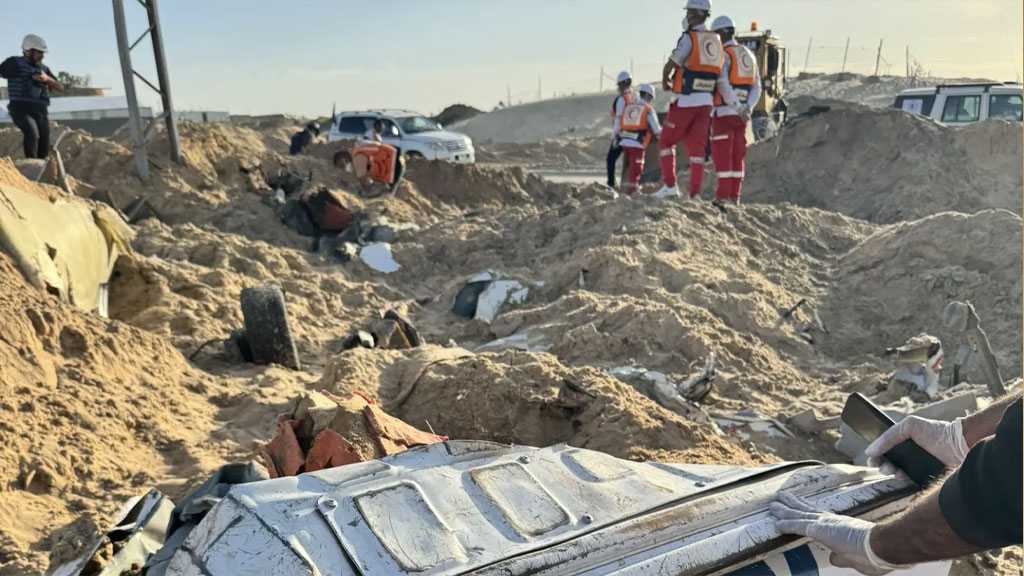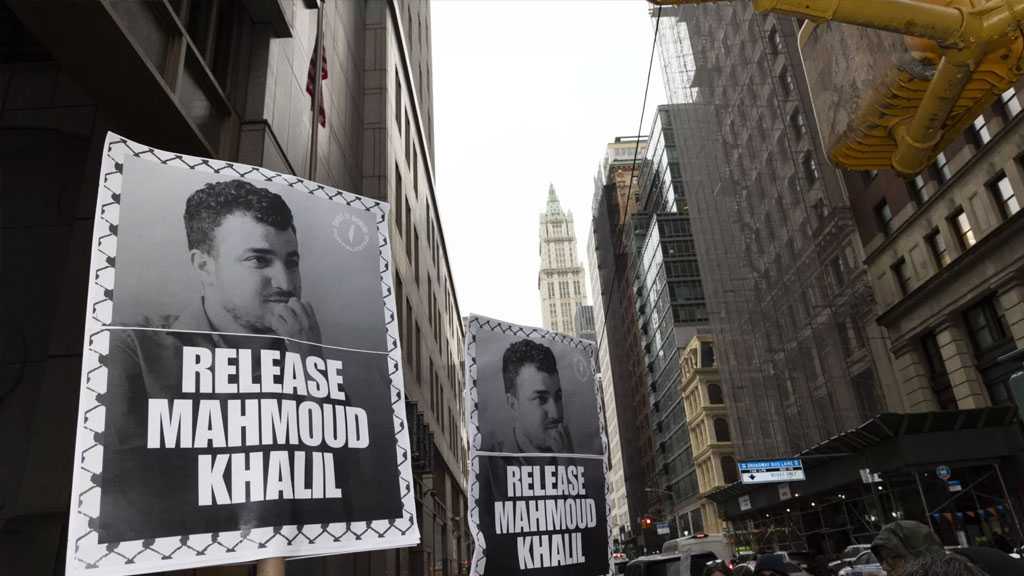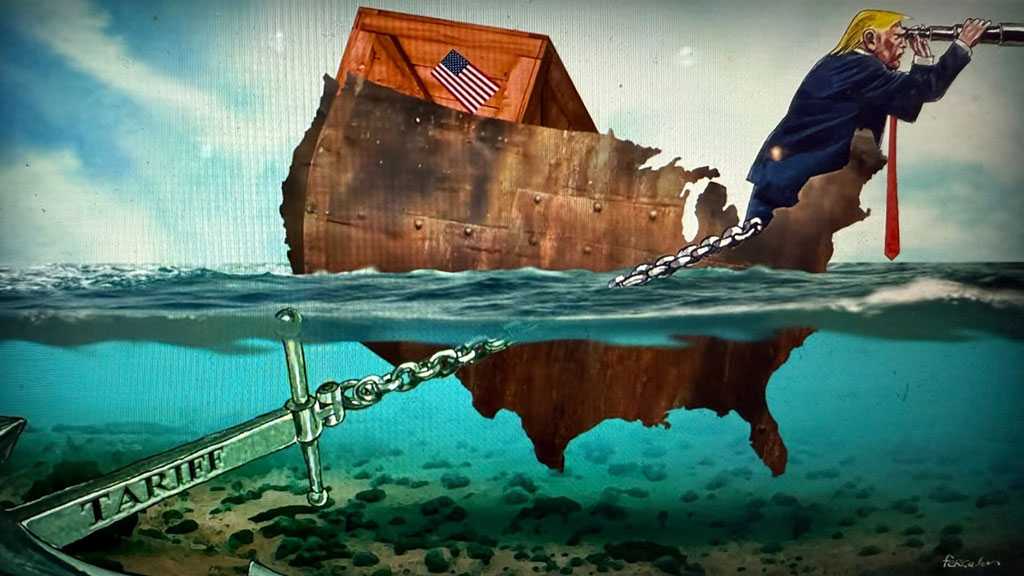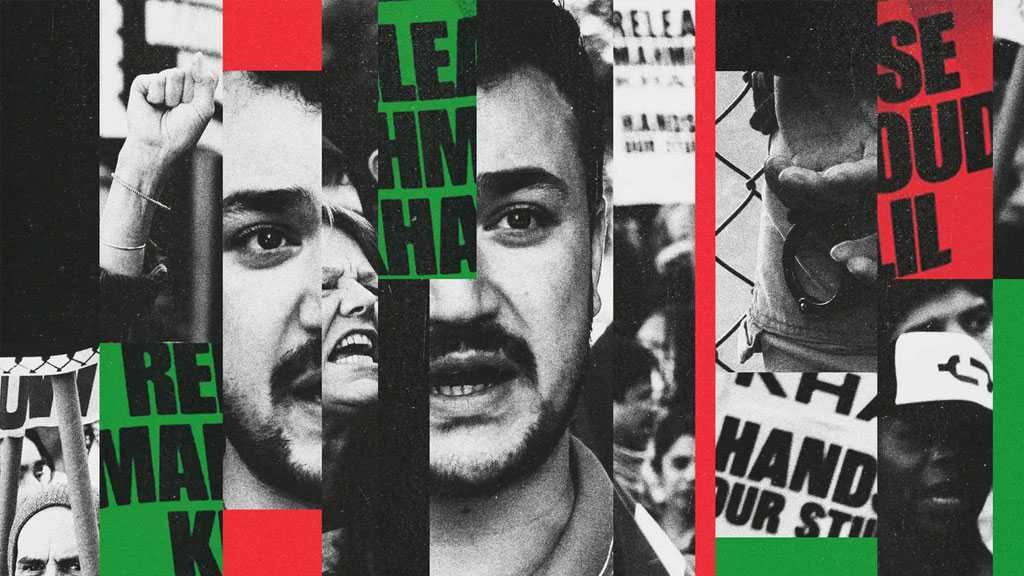
Opportunities for US-Iran Cooperation Await Nuclear Deal
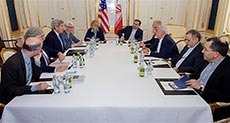
Local Editor
It is premature to talk about the future of relations between the United States and Iran, but if a nuclear deal is able to be reached, there may be other opportunities for potential cooperation, an Iranian diplomat said here July 2.
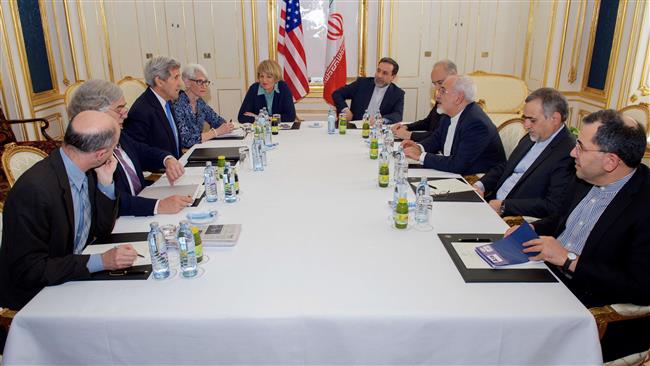
"Let's finish this job first and we can talk about other opportunities," the senior Iranian official, speaking not for attribution, said at a rare background briefing with foreign reporters July 2 in response to a question from Al-Monitor.
"As far as the future of Iran-US relations, I can say it is really premature," the Iranian official said. "But I can tell you that if we cut a deal on the nuclear issue, there will be opportunities in the future for both Iran and the United States."
"But for the time being, it is not really useful to be distracted from our main job, which is the work toward resolution of this nuclear issue," the Iranian official said. "That is what we have been doing. ... We are not negotiating about other issues that might be of interest to both the United States and Iran."
The Iranian official expressed cautious optimism about the prospects for finalizing the Iran nuclear accord with six world powers in the coming days or weeks, as foreign ministers from Britain, France, Germany and China and the European Union foreign policy chief joined US Secretary of State John Kerry and Iranian Foreign Minister Mohammad Javad Zarif for a series of bilateral consultations July 2. Officials suggested progress had been made, but there were still remaining issues to resolve to try to reach the comprehensive deal, potentially next week, if at all.
"The work goes on," British Foreign Secretary Philip Hammond told journalists upon his arrival at Vienna's Palace Coburg on July 2, saying ministers will be coming and going over the next days "to maintain the momentum of these discussions."
But, Hammond added, "I don't think we're at any kind of breakthrough moment yet and we will do whatever we need to do to keep the momentum."
Western officials said they had not yet gotten reports back from the July 2 visit of International Atomic Energy Agency [IAEA] chief Yukiya Amano to Iran, where he met with Iranian President Hassan Rouhani as well as the secretary of Iran's Supreme National Security Council, Ali Shamkhani.
Iranian officials hinted that progress in resolving some remaining differences was being made even in the last days of meetings, particularly since Zarif returned from a visit to Iran earlier this week after consultations over the weekend with Kerry.
"We believe it is manageable to bridge the gaps and get the job done," the Iranian official said. "Some of the issues that were difficult at the beginning [of this round of talks], when the experts were dealing with [them] ... are now almost resolved."
"It is in the interest of all to have a good deal and try to implement the deal as honestly as they can," the senior Iranian official said. "And if you look at the record of Iran in the course of the Joint Plan of Action [JPOA] implementation, you can see that Iran has been forthcoming, has been cooperating with the [International Atomic Energy] Agency. You cannot find a single instance in the IAEA reports that Iran has violated [its JPOA] commitments."
"We are committed to whatever we will agree [to]," the Iranian official added. "We will honor our commitments, that is sure."
"We believe that it is in the interest of Iran, the region, of the whole world that this unnecessary crisis can be put behind us," the Iranian official added.
While Iranian and Western officials alike said July 2 that they still could not predict if they would be able to succeed at reaching a deal, analysts close to the negotiators said they had a hard time believing the parties would have come so far to walk away now.
"It seems unlikely the whole thing would collapse," Mahdi Ahouie, a professor at the University of Tehran who is currently in Vienna, told Al-Monitor on June 30. "At the end of the day I think something will come out of the bargaining, because I think the level of political investment the two sides have put into these negotiations would prevent them from letting it go."
Regarding the prospect of further US-Iran consultations if a Iran nuclear deal is reached, Ahouie said a skeptical Iranian leadership considered the nuclear deal negotiations as a kind of test.
"If this works out, and for the first time something successful is achieved [from US-Iran negotiations], then little by little" the United States and Iran could potentially discuss some other issues, he said.
Source: Al-Monitor, Edited by website team
